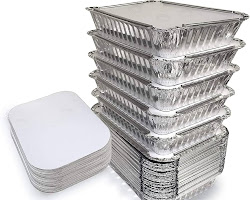
Food packaging Foil
Aluminum foil is popular because it is non-reactive, moisture-proof, and airtight. It is often used to wrap sandwiches, baked goods, and other foods that must be protected from moisture and air.
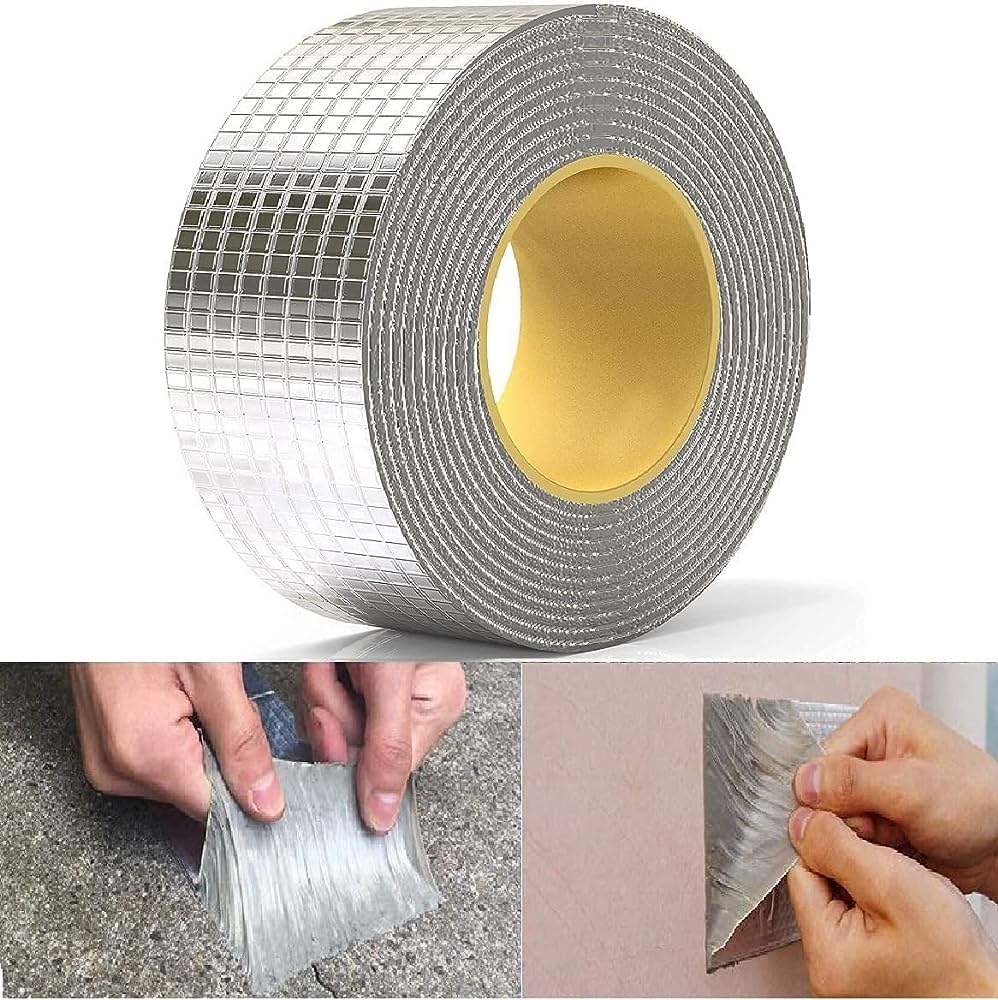
We are a leading aluminium foil manufacturer and offer bulk discounts to qualified buyers. Our foil is made from high-quality aluminium and is available in various thicknesses, widths, and lengths. We also provide a variety of finishes, including matte, gloss, and anodized. We ship our products worldwide.
At Gryffyth Packaging, we understand that the quality of your food is essential to you, and that's why our aluminium foil is solid, durable and safe for food contact.
Our brand is committed to excellence, innovation, and sustainability. With our state-of-the-art manufacturing facilities and stringent quality control measures, we ensure that our aluminium foil products are of the highest standards, delivering exceptional performance every time.

Aluminum foil is popular because it is non-reactive, moisture-proof, and airtight. It is often used to wrap sandwiches, baked goods, and other foods that must be protected from moisture and air.
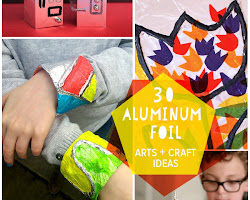
Aluminum foil can be used for various crafting projects, such as making jewellery, sculptures, and decorations. It is also a good material for covering mirrors and windows to reflect light.
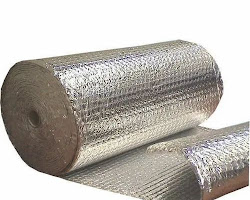
Aluminum foil can be used to prevent heat or cold from transferring from one place to another. It is often used in the construction industry to insulate pipes and ducts.
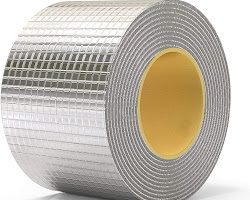
This type of foil is used to weatherproof objects like boats and cars. It is a good reflector of heat and light, so it can help to keep objects cool in the sun and warm in the cold.
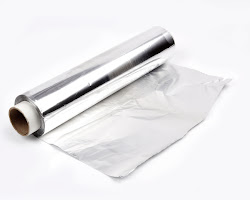
This type of aluminium foil is used in a variety of electronics applications, such as capacitors, batteries, and solar cells. It is a good conductor of electricity and heat, which is ideal for these applications.

Aluminum foil is used in some medical applications, such as bandages and surgical dressings. It is also used to make dental fillings and crowns.
The aluminium foil manufacturing process begins with the smelting of aluminium ore. The ore is refined to remove impurities and then melted in a furnace. The molten aluminium is then cast into ingots and rolled into sheets. The sheets are then passed through a series of rollers, which gradually reduce their thickness. The final thickness of the foil is determined by the number of times it passes through the rollers.
Once the foil has reached the desired thickness, it is annealed, which softens the foil and makes it easier to work with. The foil is then wound into coils and packaged for shipping.
Here are the specific steps involved in the aluminium foil manufacturing process:
The aluminium foil manufacturing process is a complex and energy-intensive process. However, it is a relatively efficient way to produce aluminium foil. The process can be automated, which helps reduce production costs.